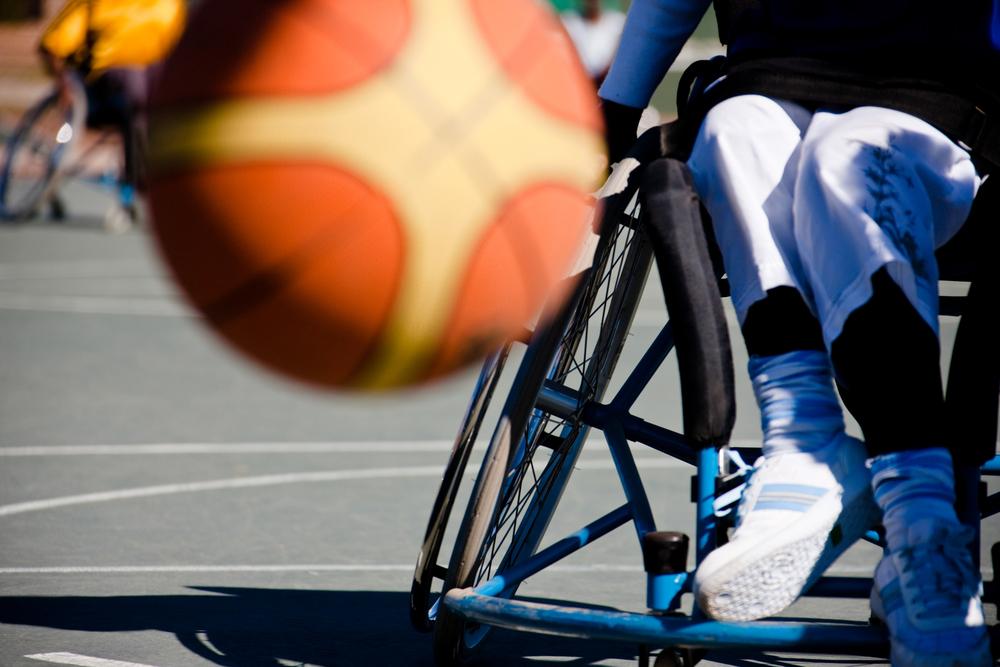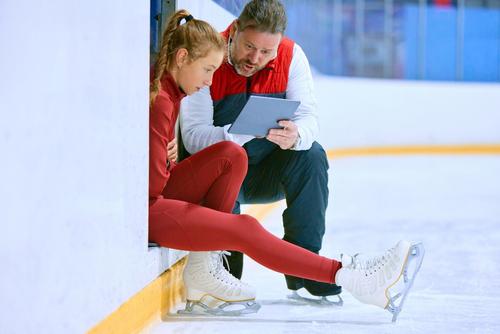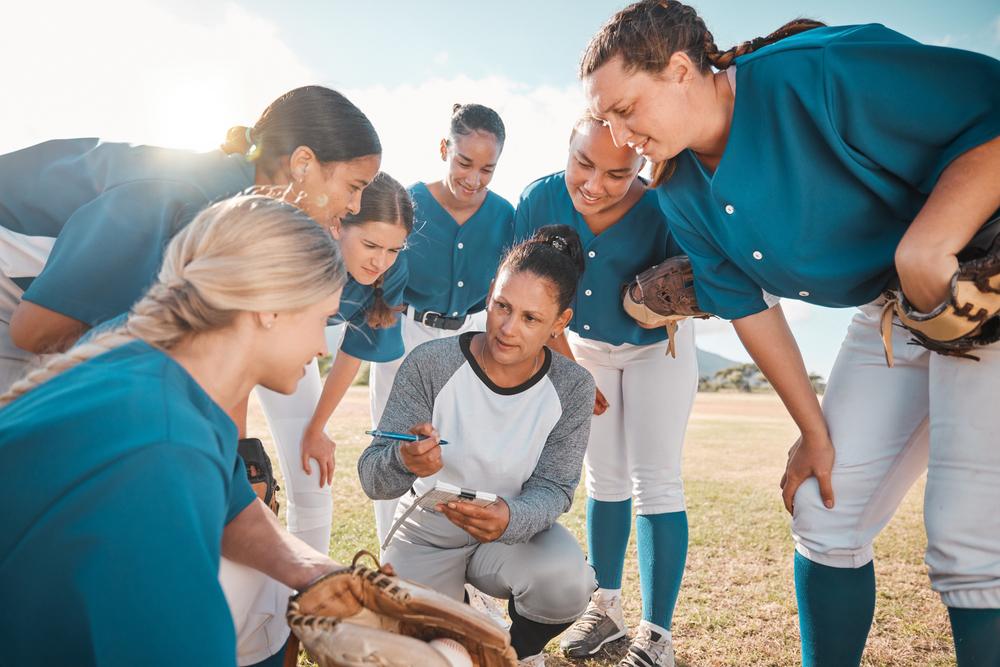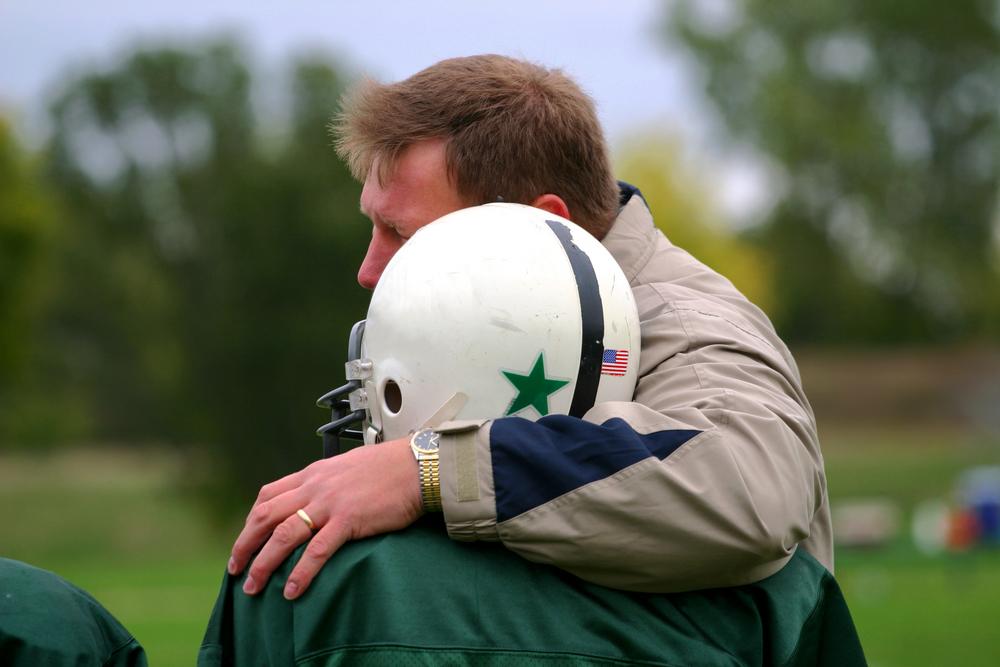More conversations are happening about the importance of mental wellness for student-athletes, and mental health is increasingly talked about in similar ways as physical health. But how are communities, schools, trainers, parents, coaches, and even the athletes themselves best able to support mental wellbeing within youth sport? It’s not an issue that any one person can solve—but together, change is possible.
That’s why the U.S. Anti-Doping Agency and TrueSport began hosting an annual mental wellness conference in 2021. The first iteration focused broadly on youth athletes and the 2022 conference addressed the specific challenges facing student-athletes. In 2023, however, TrueSport has expanded the focus of the symposium to further address the larger sport landscape that athletes are operating in and the need for collaborative solutions.

Dr. Jennifer Royer, Senior Director of TrueSport and Awareness at USADA and TrueSport, explains, “We’ve focused narrowly on athlete mental wellness in the past. But we’re leaning into the idea that there must be an intentional system in place in order to best support athletes. If we don’t have healthy systems, we don’t have healthy participants. We need coaches, trainers, schools, and communities to be proactive and evolving around this topic. In order for athletes to learn resiliency, self-confidence and self-advocacy, we need the people around them to be able to teach those from experience. If we don’t make change at the systemic level, there’s no hope of supporting athletes correctly at the grass roots. Coaches, who have such an impact on young athletes’ experiences, deserve the support and training necessary to help them in these efforts.”

The focus on sport systems is the product of research TrueSport and mental health thought leaders, including lead researcher Jessica Kirby, PhD, began at the conference in 2022. The resulting recommendations report, “Humanizing Sport,” doesn’t focus on one specific mental wellness issue, but instead, looks at the challenge wholistically and proposes system-wide improvements.
Essentially the recommendation report argues that sport can act as a key protective factor in support of mental health. Additionally, it showed that student-athletes face two distinct problems that impede that benefit: For athletes in lower socio-economic situations, they were lacking in resources needed to engage in youth sport, thanks to the growth of ‘pay to play’ clubs and other expensive additions to youth sport. Then, for athletes in the middle and upper class who can afford those luxuries, burnout and overtraining became much more prevalent. It seems an obvious conclusion, but if athletes are not staying in sport, it can’t meet those young athletes’ needs and our opportunity to help stem the growing tide of youth mental health challenges is lost.
“But what I found encouraging is that the solution to both challenges is the same,” says Royer. “That gives us hope that there is a systemic approach that will work, one that allows us to address healthy, trusted adult relationships that make a difference for young people. We need an organizational culture that supports a process-oriented youth sport experience, communities that encourage participation, and student-athletes who learn to trust their intuition about what feels right for them.”
 To be clear, this doesn’t mean getting rid of competitive sports or canceling club leagues and playoffs. “We’re not an organization making the case that healthy competition is a bad thing,” says Royer. “Competitiveness is a value we espouse and think is healthy, when done the right way. What shines through in this research is that a win-at-all-cost mentality is bad for everyone involved. That kind of performance-oriented culture doesn’t help anyone, and we’ve learned that it doesn’t even necessarily contribute to sustainable wins in a desirable sport culture.”
To be clear, this doesn’t mean getting rid of competitive sports or canceling club leagues and playoffs. “We’re not an organization making the case that healthy competition is a bad thing,” says Royer. “Competitiveness is a value we espouse and think is healthy, when done the right way. What shines through in this research is that a win-at-all-cost mentality is bad for everyone involved. That kind of performance-oriented culture doesn’t help anyone, and we’ve learned that it doesn’t even necessarily contribute to sustainable wins in a desirable sport culture.”
The research makes it clear that focusing on long-term whole athlete development actually leads to better performance, while a focus on winning at all costs may generate some early wins but will eventually lead to a team in crisis. “If we look at the long-term participation levels, having a process focus pays off,” says Royer. “That means making sure that we’re growth-oriented, that we’re creating a motivational culture, that we’re fostering healthy relationships, and that we’re watching out for the overall wellbeing of every athlete.”
Unfortunately, youth sport in the U.S. is arguably at a collective crisis point due to the focus on winning at all costs. The way to correct this, Royer and the researchers behind the paper believe, is to start by looking at athletes as humans first. “Recognizing that a young person is so much more than a singular identity as an athlete is critically important,” says Royer. “This concept helps the athlete—and those around them—establish some parameters around what feels productive and what doesn’t.”
 This means athletes, coaches, families, schools, and communities need to focus on the athlete’s health first, and prioritize their safety, whether it’s safety from physical or emotional or mental injury. “It has to be OK for an athlete to ask for help, whether they’re struggling with an emotional situation or a sprained ankle,” says Royer. “It is just as vital to their growth and success long-term to address those social-emotional wellbeing issues as it is to recover from a physical injury.”
This means athletes, coaches, families, schools, and communities need to focus on the athlete’s health first, and prioritize their safety, whether it’s safety from physical or emotional or mental injury. “It has to be OK for an athlete to ask for help, whether they’re struggling with an emotional situation or a sprained ankle,” says Royer. “It is just as vital to their growth and success long-term to address those social-emotional wellbeing issues as it is to recover from a physical injury.”
To be able to have these conversations means having a high level of trust with the adult in charge, though. And that’s where coaches play a vital role in improving youth sport. “Trusted adults are in positions of authority, and they are decision makers in this sport space,” says Royer. “They have to prioritize those healthy relationships, and develop their own toolkit of wellness practices, to help their athletes grow.” That’s why the 2023 mental health conference will focus on coaches and mental health.
Without these strong relationships and a commitment to the idea that the mental wellbeing of an athlete is as important as their physical wellbeing, youth sport will fail to live up to its full potential. Every individual has the ability to affect change on their team and in their community. But it starts with releasing the stigmas around mental health and prioritizing mental wellbeing as a pathway to a great sport experience that strives for success that far exceeds the narrow lens of competitive wins.
It can be daunting to think about overhauling youth sport from the ground up, but Royer believes it’s the only way to save it, to grow participation while also nurturing healthy athletes who stay in sport long after their time in developmental sport.



